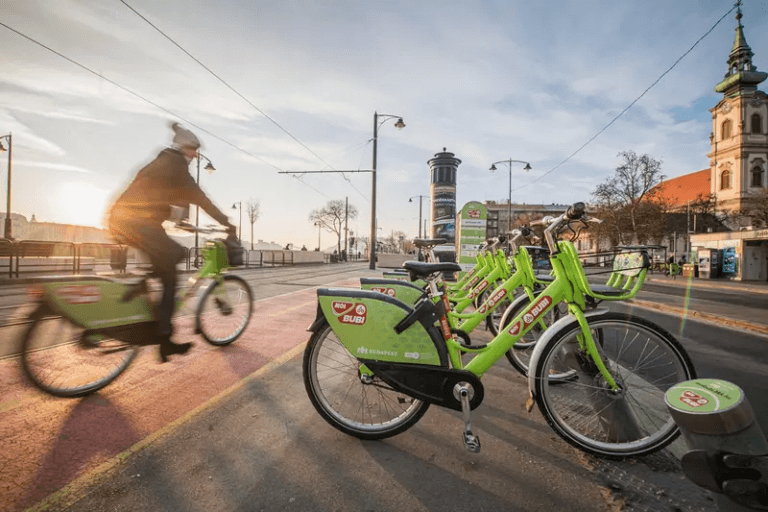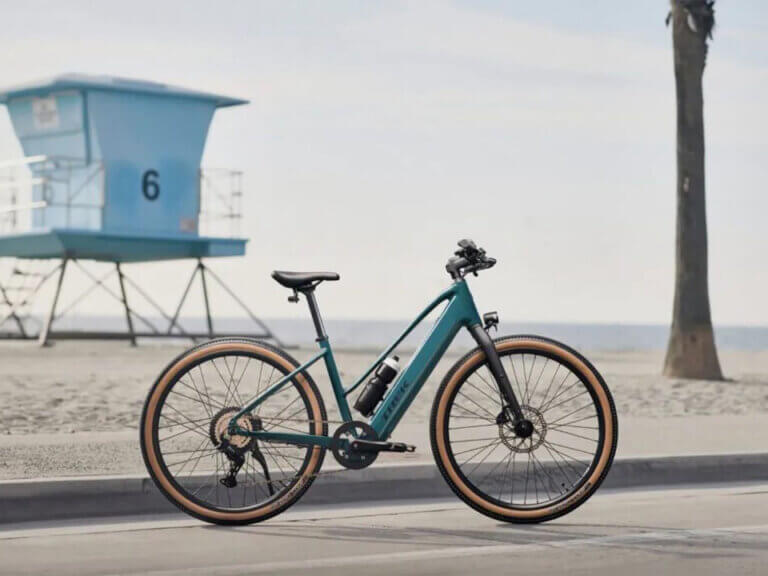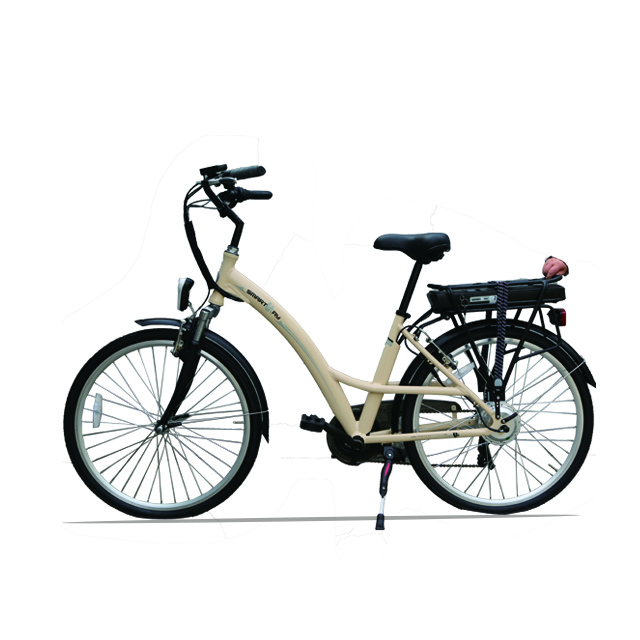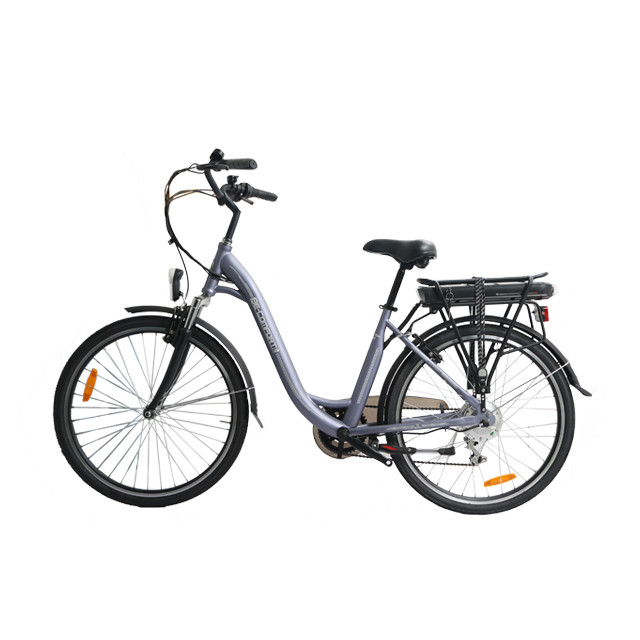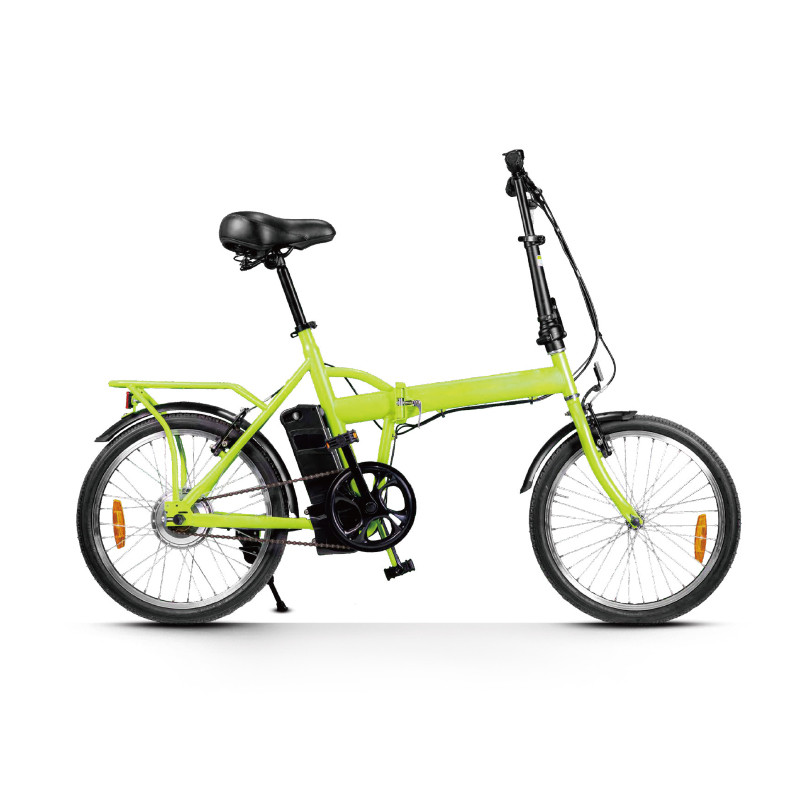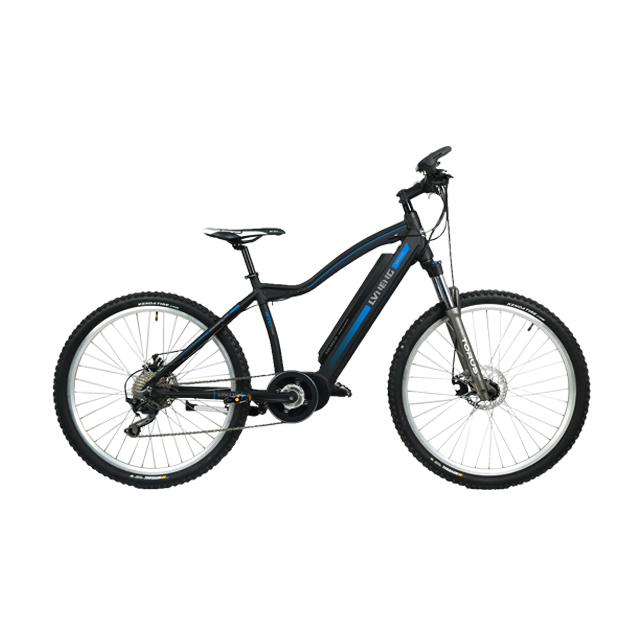-
414 Block B, ZT Times Plaza, Wuhan, Hubei, China
Blog
Aviation Aluminum Alloy Foldable Scooter Manufacturer
15Y electric scooter manufacturer Plant · OEM/ODM · ISO-certified · bulk orders welcome
If you make or source foldable scooters for grown-ups, you care about three things: weight, strength, and uptime. Aviation-grade aluminum alloy ticks all three. Below I’ll keep it plain, show real specs, and tie them to what you actually ship. I’ll also point to our own lines—Foldable Electric Scooter, K1 electric motor foldable scooter adult manufacturer, and K2 folding adult electric bicycle scooter manufacturer—so you can map talk to hardware.
Aviation aluminum alloy 6061-T6 vs 7075-T6 in foldable electric scooter
Why it matters: pick the wrong alloy and your fold joint loosens, your deck dents, your warranty burns. Pick right and you win lighter frames with the same safety margin.
| Component | Recommended Alloy & Temper | Typical Tensile Strength (MPa) | Why it fits | Joining / Finish |
|---|---|---|---|---|
| Main frame tube, steering column, deck body | 6061-T6 | ~310 | Balanced strength, corrosion resistance, easy machining | Weldable; takes anodizing very well |
| Fold latch, hinge pin, clamp, bolts | 7075-T6 / T73 | ~500–570 | Very high strength for compact parts; better fatigue | Prefer machining + fasteners; avoid fusion welds |
| Decorative/cover extrusions, cable channels | 6063-T6 | ~240 | Nice surface, clean corners, great for visible parts | Excellent anodized finish |
Bottom line: use 6061-T6 for the welded skeleton, 7075 for tiny but loaded bits, and 6063 for pretty shells. This mix keeps weight low without gambling on durability.
Aluminum extrusion for foldable electric scooter deck and stem
Extrusion is your friend. You push heated alloy through a die and get a profile that already has ribs, wire raceways, drainage, even anti-slip grooves. Less welding. Fewer parts. Lower scrap.
Production wins you feel on the line:
- One profile, many SKUs: vary cut length and hole pattern, same die.
- Built-in stiffness: add I-beam ribs inside the deck instead of bolting steel plates (bye, squeaks).
- CPk & takt: consistent wall thickness → faster CNC, fewer tool changes → better takt hit.
- After-extrusion heat treatment to T6, then CNC the hinge and latch pockets with tight fits.
QC shorthand (shop-floor friendly):
- Check twist on long decks (simple V-block + dial), not only overall length.
- Probe hinge bores post-anodize; size shifts a hair, don’t get caught later.
- Deburr slot exits; sharp edges = cable cut = warranty
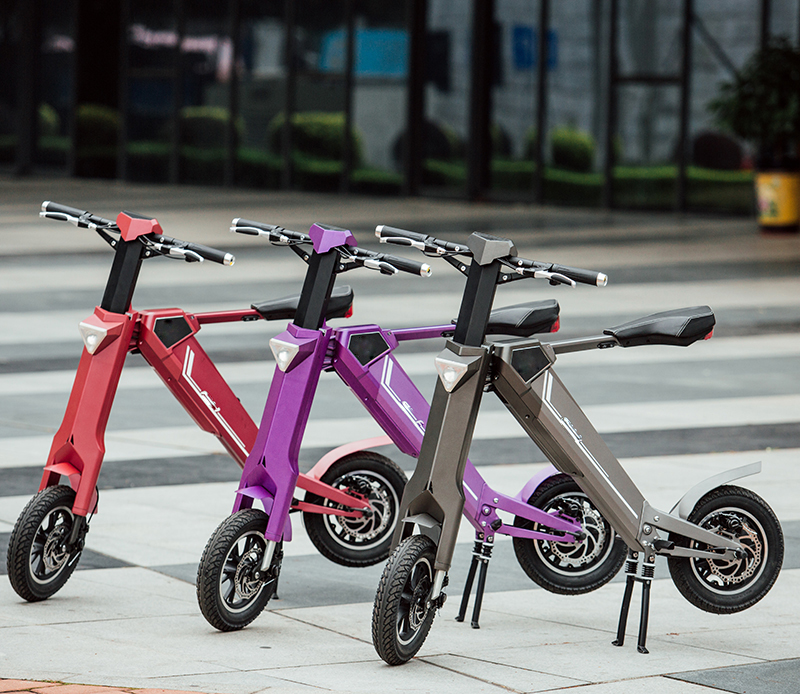
Anodizing thickness for scooter aluminum parts (5–25 μm range)
Anodizing is not paint; it grows a hard, corrosion-resistant oxide from the metal itself. For scooters that see rain, UV, and curb kisses, it’s basically mandatory.
- 5–10 μm: indoor demo units, show samples, or parts with low wear.
- 10–15 μm: consumer daily use, mixed weather—good baseline.
- 15–25 μm: harsher climates, rental fleets, or salt-air markets.
Pro tip: mask hinge bores and mating tapers, or final fit gets sticky. Also, keep color lots tight; buyers hate shade-shift between handlebar and stem, looks cheap.
EN 17128 personal light electric vehicle compliance (electric scooter)
For electric kick scooters in the EU, you’ll hear “EN 17128” a lot. It covers mechanical + electrical safety, marking, and instructions. Think braking, stability, stem fatigue, folding security, EMC, charger safety, labels, and user manual items. We bake this into DFM early so you don’t retrofit at the 11th hour.
Lean checklist (trimmed for ops):
- Folding lock integrity test: pass specified cycles without crack/creep.
- Vertical and horizontal fatigue on stem & deck: meet cycle counts, no permanent deformation beyond limit.
- Braking performance on dry/wet: meet stopping distances and lever forces.
- Electrical: charger, BMS protections, wiring insulation, EMC readiness.
- Marking: correct labels, warnings, and serials that don’t rub off.
EN 14619 kick scooter (non-electric) safety requirements
If you’re shipping non-electric adult kick models, EN 14619 applies. Focus is impact, fatigue, clamp security, handlebar strength, and wheel retention. Many rental tenders still reference it for mechanical parts even on e-kick frames—useful baseline.
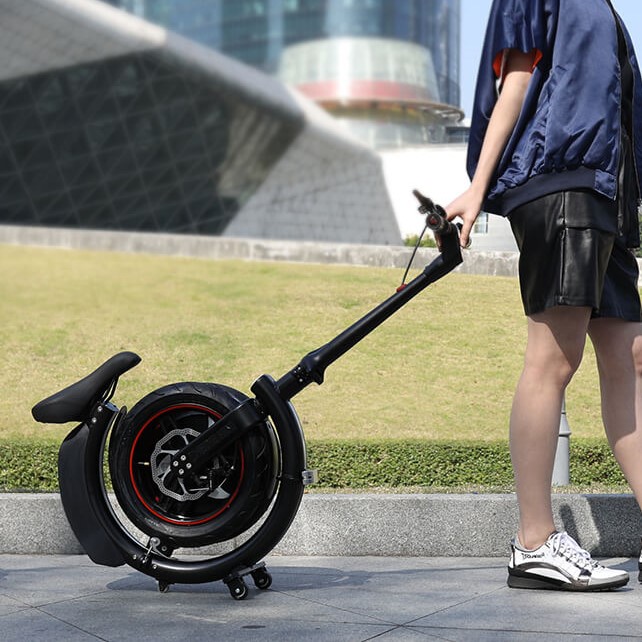
Foldable hinge fatigue test plan (fold joint = life)
The hinge is the life of a foldable. We test it like we mean it.
| Test | Load/Action | Cycles (guideline) | Pass/Fail |
|---|---|---|---|
| Folding/unfolding cycle | Manual fold with latch engagement | ≥5,000 cycles | No crack, latch play within spec, no self-unlock |
| Static bending (stem) | Rated user load × safety factor | Hold 1 min | No permanent set over limit |
| Vibration sweep | 10–150 Hz, tri-axis | 8–12 hrs | No fastener loosening, no noise growth |
| Salt spray (if coastal markets) | Neutral salt fog | 24–72 hrs | No red rust on ferrous parts; Al shows no pitting beyond grade |
We can adapt cycles for rental fleets (more harsh), or private use (still tough). Data logs stay with your PO for traceability.
Urban mobility scenarios: who actually rides this thing?
People don’t buy specs; they buy less pain. Real city rides we see daily:
- First/last mile: metro to office, 1–3 km. Needs fast fold, light carry, and a latch you can close half-asleep.
- Mixed-mode: taxi + scooter + elevator. Needs clean deck (no oil), no sharp bits to snag on clothes.
- Campus & factory: maintenance techs and shift leads. Wants long-life tires, kickstand that doesn’t sink, IP-rated harness.
- Urban M couriers: stop-go, constant fold at doors. They ask for TPE grips, quick-swap battery bay, and a clamp that locks every time, even with gloves.
We tune hardware and finishing around these cases. That’s why hinge bores get reamed post-coat, and why we choose 7075 pins. It’s not random, it’s from field returns. For many buyers, a foldable electric scooter is just daily kit—like keys.
K1 electric motor foldable scooter adult manufacturer – where 6061-T6 shines
K1 uses a 6061-T6 main frame and column with CNC-cut hinge pockets. The deck is an extrusion with internal ribs; you feel it in stability at speed. Latch parts are machined from high-strength stock, then hard-coat where it counts. For private commuters, K1 hits the sweet spot: strong but still carry-able. And yes, OEM/ODM open—logos, colorways, tire pick, throttle style. If you’re hunting an electric motor foldable scooter that balances carry weight and rigidity, start here.
Ops notes (quick):
- DFM on cable routing—no tight 180° under the deck.
- Keep torque specs printed on clamp (saves service calls).
- We supply torque cards with each batch (small thing, big trust).
K2 folding adult electric bicycle scooter manufacturer – load path & fatigue
K2 leans into longer stems and higher duty. We stiffen the column with ovalized 6061 extrusion and add gusset geometry near the hinge pocket. Fasteners are spec’d with quality classes and locking features (nylon or thread-locker) to survive vibration. If your users are heavier riders or do longer commutes, K2 handles it without feeling like a brick. Need a tougher folding adult electric bicycle scooter for rougher streets? This is the platform.
Serviceability bits:
- Replaceable hinge pin kits.
- Access windows for harness swaps.
- Thread inserts in high-cycle holes (no soft thread strip).
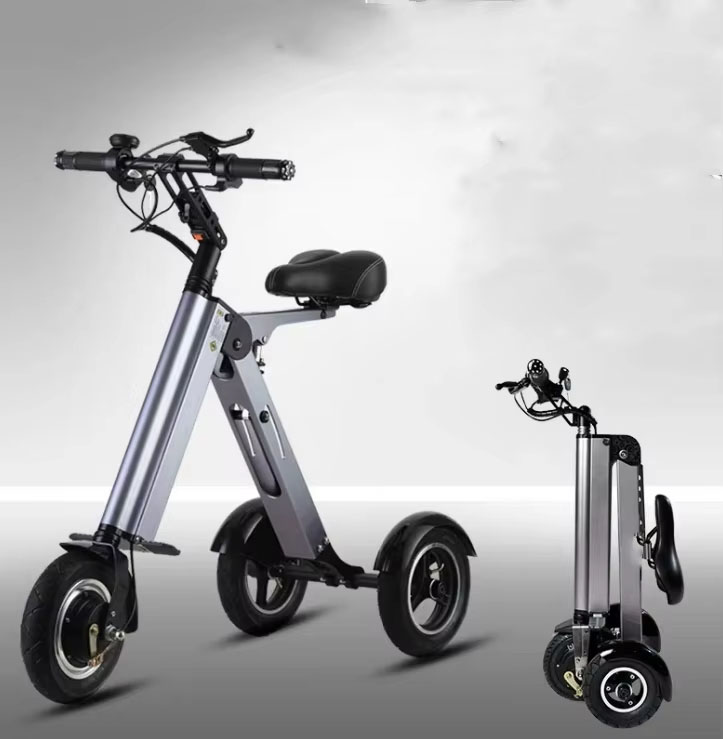
Foldable Electric Scooter wholesale & customization (OEM/ODM)
If you’re a distributor or brand owner, the value is in repeatable quality and short lead times, not only one-time BOM. We support:
- Custom extrusions: your deck profile with hidden cable raceway and logo boss.
- Surface packages: clear, black, colors, hard-coat on wear zones; laser marks that survive pocket carry.
- Electrics: motor power options, controller maps, harness connectors you already stock.
- Documentation: COA, PPAP-lite, material certs, torque charts, care guides you can hand to dealers.
- Packaging: e-commerce drop test ready (ISTA-ish). No rattles, no scratches.
And yes, bulk pricing for containers and shared MOQ for color lots. We’re a Leading electric scooter factory & manufacturer with ISO processes; that’s not fluff, that’s fewer headaches at inbound QA.
Cost-to-value without counting pennies
We won’t throw fake math. You know weight savings cut shipping tiers and user fatigue; fewer warranty claims cut service calls; faster assembly cuts labor minutes. Aviation aluminum + right process = all three. That’s the value, no need to spell per-unit cents here.
Quick spec snapshot (what buyers ask first)
| Topic | What we do | Why you care |
|---|---|---|
| Frame material | 6061-T6 welded skeleton | Strength + weldability + corrosion resistance |
| High-load small parts | 7075-T6/T73 machined | Compact, strong, fatigue-resistant |
| Finish | Anodizing 10–25 μm by segment | Durable color, no peel, better feel |
| Hinge | Cycle-tested, serviceable pins | Keeps fold tight, easy field repair |
| Compliance | EN 17128 (e-kick), EN 14619 (kick) | Market entry, insurance, fewer returns |
| Custom | OEM/ODM, branding, firmware tune | Sell your DNA, not generic stuff |
| Lines | Foldable Electric Scooter, K1, K2 | Ready-to-ship bases to start from |
Call it what it is: less weight, more uptime, better city life
Aviation aluminum alloy isn’t hype—it’s a practical choice. It lets your riders carry the scooter up stairs, fold it fast at train gates, and trust the stem every morning. You get cleaner assembly, nicer finishes, and fewer failure points. That’s how brands grow in Urban M and beyond: not loud words, just solid rides.
Want specs, cuts, and color chips? Ping us with your target rider, range, and duty cycle. We’ll map alloy, extrusion, and finish to a build that actually sells—at scale.





